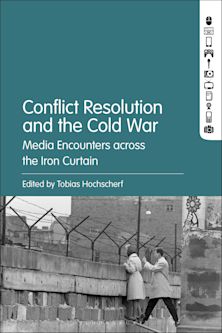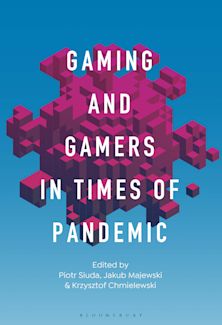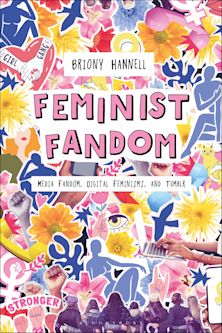Media, Propaganda and Politics in 20th-Century Japan
Media, Propaganda and Politics in 20th-Century Japan
This product is usually dispatched within 3 days
- Delivery and returns info
-
Free US delivery on orders $35 or over
Description
This book investigates the role played by the Asahi Newspaper, one of Japan's largest daily newspapers, as a mediator of information and power during the 20th century. Members of the staff at the paper, including Funabashi Yoichi, former Editor-in-Chief and one of the most trusted public intellectuals in Japan, examine the paper's role in Japanese history, showing how news agencies assisted in the creation and maintenance of the nation's goals, dreams and delusions. The book draws on internal documents, committee meeting notes and interviews with the staff at the company as a means to narrate what newspaper editors chose to publish during Japan's journey through the 20th century. As well as offering an original insight into wartime media, Media, Propaganda and Politics in 20th-Century Japan explores the relationship between media and society during the postwar era and into the 21st century.
Table of Contents
Translator's Preface
Introduction
1. The Last Days of an Era
2. The Beginning of the Showa Era - Economic Depression
3. Supreme Command Violated!
4. The Manchurian Incident
5. The Age of Terrorism
6. On the Road to Developing a National Mythology
7. The Road to the Japan-US War
8. The Wartime Greater East Asia Conference
9. Countdown to the War's End
10. The Puzzle of the August 15th Edition
11. The Fate of 6.6 Million Abroad
12. Newspapers Under the Occupation
13. Layers of Responsibility
14. The Korean War and Peace Treaties
15. The Bandung Conference
16. Restoring Soviet-Japanese Relations and Joining the United Nations
17. The 1960 Security Treaty
18. High Speed Growth and the Tokyo Olympics
19. The Polluted Archipelago
20. Gazing at the Two Koreas
21. Youth Revolts
22. Military Bases – Okinawa
23. The Cultural Revolution and the Re-opening of Sino-Japanese Relations
24. The Lockheed Incident
25. The Oil Shock
26. Yasukuni Shrine Visits
27. The Bubble Economy
Translator's Conclusion
Notes
Index
Product details

| Published | Aug 25 2016 |
|---|---|
| Format | Paperback |
| Edition | 1st |
| Extent | 320 |
| ISBN | 9781350002005 |
| Imprint | Bloomsbury Academic |
| Illustrations | 40 bw illus |
| Dimensions | 9 x 6 inches |
| Series | SOAS Studies in Modern and Contemporary Japan |
| Publisher | Bloomsbury Publishing |
Reviews

ONLINE RESOURCES
Bloomsbury Collections
This book is available on Bloomsbury Collections where your library has access.



































